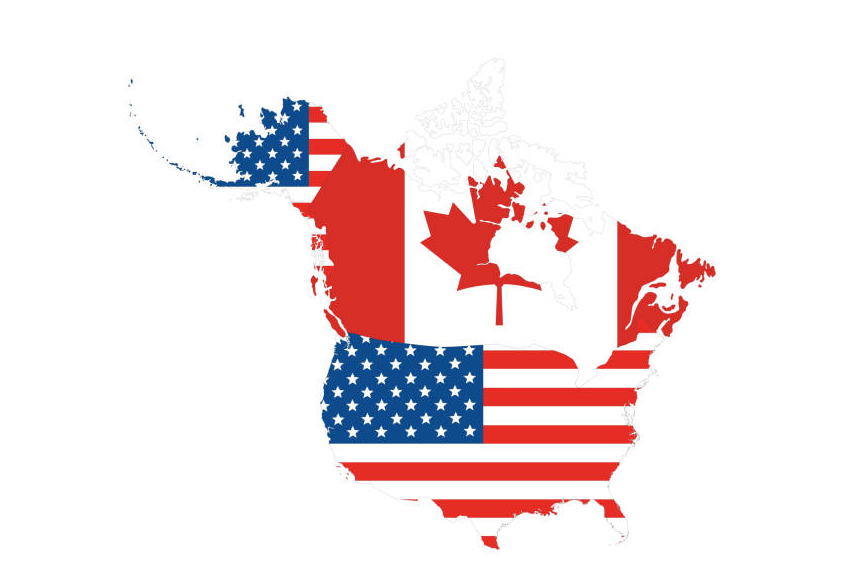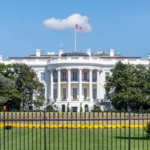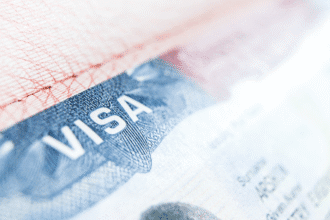Many Canadians have reacted angrily and decisively to the threat of high tariffs from the U.S. President. A 39-year-old Montrealer named Monika Morelli cancelled her memberships with well-known American corporations like Netflix and Amazon. She also canceled a scheduled visit to New Orleans, saying the recent events had permanently changed the long-standing commercial relationship between the United States and Canada.
“There is something that has been irrevocably broken now, after centuries of the U.S. and Canada being allies,” Morelli said. Her main arguments for her position were the possibility of import levies and remarks that Canada might become the 51st state in the union. She went on to say, “Something has snapped in us all,”
What Caused the Threats of Tariffs?
At first, the U.S. President had linked the decision to border security concerns and promised to levy a 25% tariff on both Canada and Mexico. But in an unexpected deal with Mexico, the tariffs were postponed for 30 days in return for more stringent border security. Later, a comparable agreement was reached with Canada, which momentarily allayed trade worries between the two countries.
Many Canadians were relieved to hear the news, but some think the threat alone has permanently harmed commercial relations between the United States and Canada.
Do Canadians Wish to Lessen Their Reliance on the United States?
According to a recent national survey, 91% of Canadians favor lessening their nation’s dependency on the United States, and many of them would rather do so than mend fences. Still, more than half said they were willing to patch up the broken relationships.
With 90% of Canadians paying careful attention to the issue, the study also revealed a notable increase in national pride—engagement levels similar to those observed at the beginning of the COVID-19 pandemic. At a period when the country was previously divided over domestic leadership and policies, this attitude has brought people together across political divides and fostered a sense of patriotism.
How Are American Tariffs Being Opposed by Canadians?
Consumers are being encouraged to support local businesses and refrain from buying U.S. goods by the burgeoning “Buy Canadian” movement. Both citizens and politicians have shared this opinion. Halifax resident Carole Chandler, a 67-year-old retired educator, also postponed a planned vacation to Florida.
She remarked, “I love America and Americans,” “But I don’t want to be one.”
Despite the short-term tariff halt, Canadian provinces are continuing their “Buy Local” initiatives. To encourage citizens to support their local economy, Manitoba, for instance, has announced a C$140,000 ($97,800; £78,200) investment in advertising, including billboards and radio advertisements.
Is Canada Increasing Trade Both Domestically and Internationally?
Provinces are urging for Canada to diversify its international trade partnerships and attempting to remove trade barriers within the country in reaction to the economic uncertainty.
The premier of Manitoba remarked that the back and forth on tariffs felt like “whiplash.” He commended the growing sense of national unity in spite of the uncertainty. “To see people come together and rally around the flag, putting Manitoba pride first, has been very encouraging,” he stated.
Can We Untangle the U.S.-Canada Relationship?
The United States and Canada have the longest land border in the world, strong commercial ties, and a long-standing relationship. The United States continues to be a popular travel destination for Canadians, and many of them have family ties there as well.
While some people think the relationship damage is irreversible, others say the situation’s outcome will determine the long-term effects. Whether this is a transitory schism or a significant change in Canada-US trade ties is the unanswered issue.
“We don’t put on big displays like Americans do,” Chandler said. “But Canadian patriotism runs deep.”








